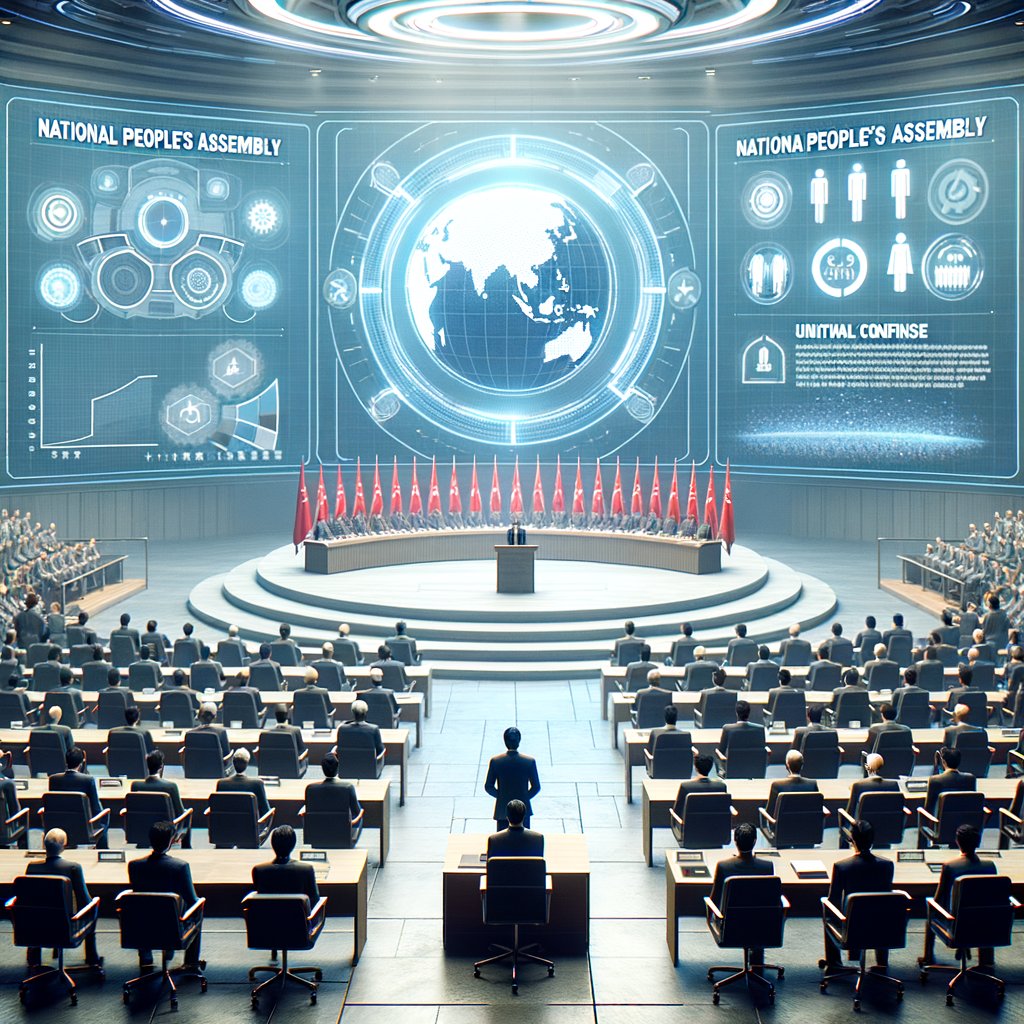Image created by AI
Malema Asserts Unity in EFF Amid Ndlozi's Controversial Absence at the Elective Conference
In a bold declaration setting the tone for the Economic Freedom Fighters' (EFF) National People’s Assembly, party leader Julius Malema has openly criticized the perceived individualistic behavior of Mbuyiseni Ndlozi, who was noticeably absent from the event. The Assembly, which took place at Nasrec, Johannesburg, became a scene of firm leadership as Malema addressed pressing concerns about party unity and discipline.
The EFF, known for its vibrant and sometimes controversial stance in South African politics, often finds itself at the center of media scrutiny. This time, the spotlight was on Ndlozi, the former head of political education for the party, whose absence sparked widespread speculation. Malema’s response was clear and forthright: the party would not pander to those who consider themselves above the collective ethos of the EFF.
According to Malema, the issue with Ndlozi stemmed from a deeper problem of self-importance that was becoming detrimental to the party's cohesion and operational integrity. In November, rumors circulated that Ndlozi was excluded from the conference for failing to adequately defend the EFF during critical times. However, Malema’s recent comments suggest the decision was more profoundly connected to Ndlozi’s attitude and perceived disloyalty, including his failure to inform party leadership of Floyd Shivambu’s intentions to leave the EFF.
This leadership challenge comes at a pivotal moment for the EFF as it aims to bolster its position against the ruling ANC and other political contenders. The emphasis on unity and humility by Malema indicates a strategic move to solidify internal structures and prepare for more robust national campaigns. Malema’s stern stance on individualism versus collectivism within the party reflects a broader strategy to maintain the EFF's image as a united front, especially in public and media arenas.
While Malema explicitly stated that the party would no longer cater to or discuss Ndlozi’s issues publicly, the implications of this decision are likely to resonate within the party's ranks and among EFF supporters. As South Africa gears up for another electoral cycle, the EFF's ability to present a unified front could be crucial in determining its appeal and effectiveness as a political force.
Overall, the National People’s Assembly was not only a platform for electing leaders and deliberating policy but also a testament to the EFF’s ongoing struggles with leadership dynamics and party discipline. As the EFF continues to navigate these internal challenges, the political landscape watches closely to see how these developments will influence the broader ideological and operational trajectory of the party.










